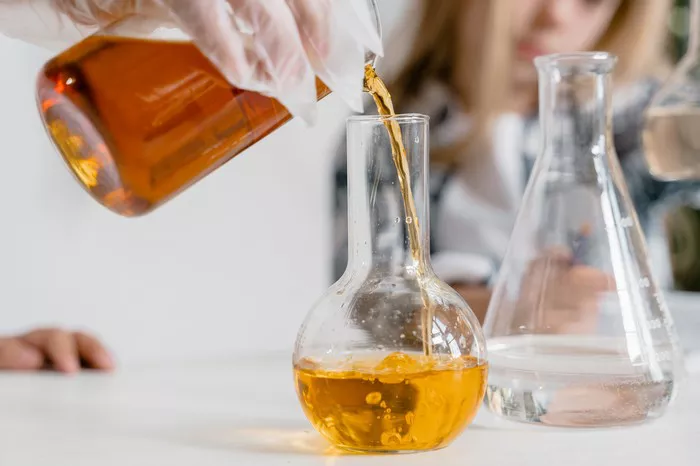Have you ever wondered about the journey a bottle of wine takes over the years? Perhaps you’ve pondered the notion of aging and its effects on certain grape varieties. In 1991, as I was delving into the intricate world of wine, working diligently in a bottle shop, absorbing the knowledge found in wine books and unraveling the mysteries of vintages, regions, and grape varieties, little did I know that I would one day encounter a wine that would defy conventional wisdom.
The year is relevant because recently, I acquired a bottle of 1991 Pipers Brook Gewurztraminer from Tasmania. I must confess, this purchase felt like a bit of a gamble. For starters, Gewurztraminer is not exactly celebrated for its capacity to produce long-lasting, age-worthy whites. Unlike Riesling, renowned for its cellar-worthiness, or stalwarts like Semillon and Marsanne, Gewurztraminer is known for its soft acidity and propensity for early maturation. All of these factors did not bode well for my 32-year-old enigma.
Moreover, I had no information about the wine’s storage conditions over the past three decades. The bottle had found its way to the shelves of a local bottle shop, part of a collection of older bottles, without a trace of its origins. It could have spent years tucked away in a wine rack atop a refrigerator in Parramatta, languished near a central heating duct in a Hobart residence, or resided quietly in a garage in Cairns.
Yet, several compelling factors led me to take the risk. The price was reasonable, the fill level reassuringly high up into the neck, indicating no signs of leakage. The color, though glimpsed through the green glass, did not appear dark or oxidized. Furthermore, I have an inherent penchant for venturing into the realm of improbable yet potentially fascinating old wines. So, I exchanged my cash for the enigmatic bottle and invited it to accompany me to dinner.
What transpired was nothing short of revelatory. As soon as I uncorked the bottle and poured a glass, the wine defied all expectations. Remarkably, it still possessed a youthful pale lemony yellow hue, rather than the deep gold one might anticipate from a wine of this age. Its taste was shockingly fresh, gently spicy, crisp, and full of vitality. While there were hints of bottle aging – savory, toasty, nutty undertones – the wine not only remained very much alive but also unfurled in the glass, unveiling an array of intricate layers of complexity.
This discovery challenges long-held beliefs about the aging potential of Gewurztraminer and underscores the enigmatic nature of wine, where unexpected surprises await those willing to take a chance. It serves as a testament to the enduring allure of aged wines, encouraging wine enthusiasts to explore the vast and unpredictable world of vinous possibilities, one bottle at a time.


